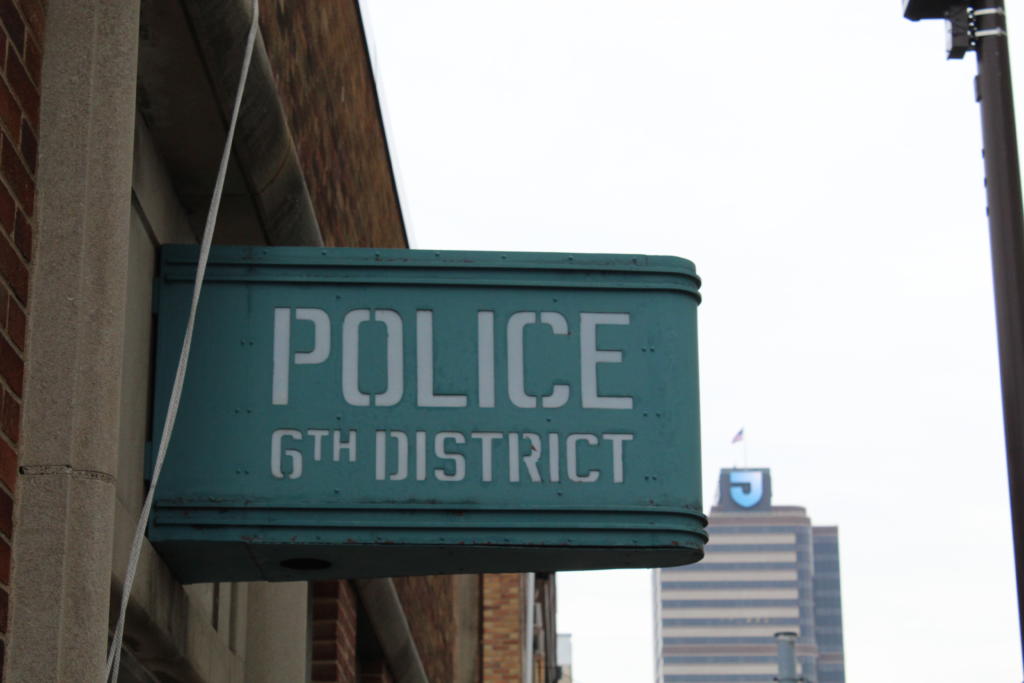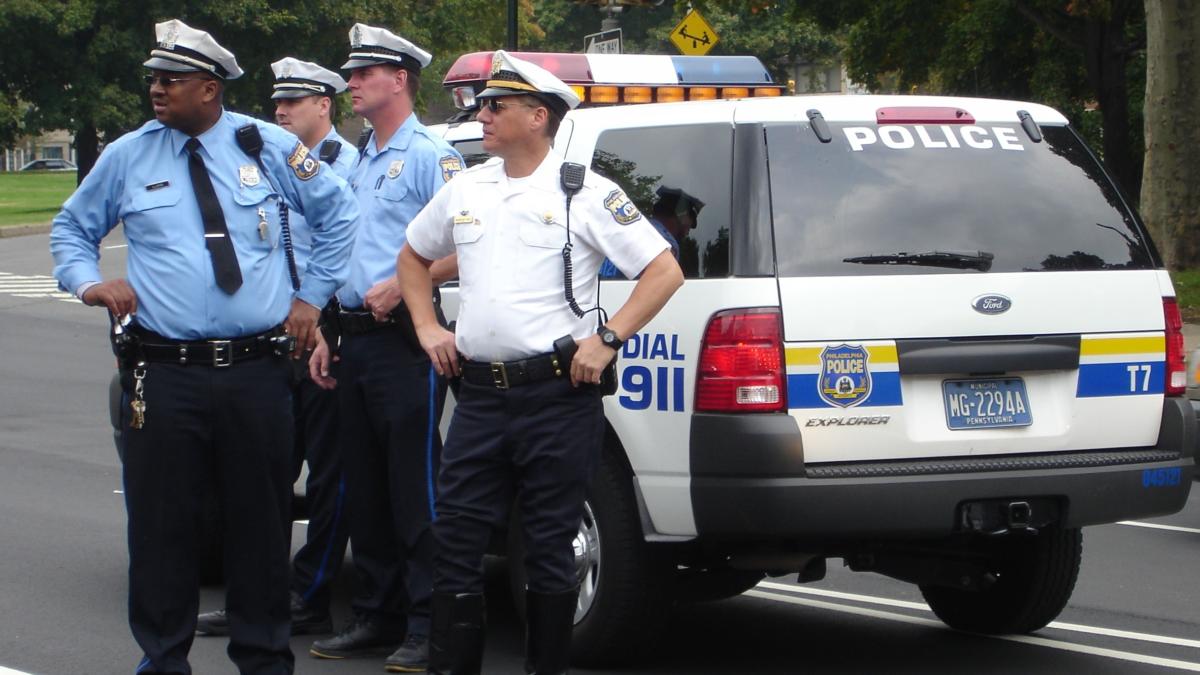The Philadelphia Police Department has no recruits in training now, and hasn’t had any since last December, creating a possible police shortage down the road.
Due to COVID-19 restrictions, “there have been significant delays with our recruitment and testing efforts,” I am told by department spokeswoman Tanya Little.
The thin blue line is getting thinner.
Normally, classes start at three-month intervals and do not have a fixed number of recruits, but it’s usually a few dozen. Each class is identified by a number that signifies its order in the Police Academy list, reminiscent of how colleges identify their graduating classes. The last class to complete training, in December, was Class 394, which graduated 47 recruits out of 50 enrolled, for a pass percentage of 94.
Class 393 graduated 17 out of 21, for an 80 percent pass rate, Class 392 had 54 graduates out of 59, for a 91 percent pass rate, and Class 391 graduated 43 out of 46, for a 93 percent pass rate.
Each class receives 38 weeks of instruction, and is graduated after completing training and passing a state-mandated certification exam, Little says. Because they start at three-month intervals, classes overlap, but currently there are none.
Class 395 is being assembled now and is expected to begin training in May, Little says.
“The start date is fluid based on the number of ready candidates” and that number is not yet known.
Since the training takes nine months, there can be no new cops until 2022.
A former officer tells me “in the mid ‘90s, three classes at a time were in the Academy, average class size 60-75, Clinton Crime Bill money.”
Disaffected, he believes “this is their way of defunding us without actually announcing it.”
That’s a pretty harsh personal opinion.
The need for new cops is accelerating because record numbers of cops are signing up for retirement, as I have previously reported in Philadelphia Weekly.
These numbers are at least a yellow flag to FOP President John McNesby.
Police department numbers “are dangerously low,” says the union president, adding that because classes have been suspended, “we are barely treading water” and won’t see new officers on the street until next spring. PPD is down “a few hundred,” he says.

What does that translate to? The 1st, 2nd, 3rd, 7th, 8th, 26th Districts, and maybe some others, he says, sometimes have only four or five officers on daywork.
Five cops on duty? Not a confidence builder.
I was curious to see if other large departments had suffered recruiting cutbacks due to the pandemic.
The New York Police Department failed to respond to my questions.
A Los Angeles Police Department spokesman told me some classes were cancelled and others were postponed in the last 12 months.
“We normally have classes starting every month averaging 50 recruits each class lasting approximately seven months,” says Officer Cho.
The Chicago Police Department reported it had suspended recruit training for four months in 2020, but has since resumed training with 87 probationary police officers. It declined to furnish any further details.
In each of the last four Philadelphia classes, the number of whites far exceeded recruits of any other race.
The department has 6,400 sworn officers, not counting civilian employees. The force is 70 percent male and 30 percent female. Whites comprise 57 percent of the force, followed by African-Americans, 33 percent, Hispanics, 8 percent, and other, 1.5 percent, according to the department.
McNesby says the department had 6,800 officers “pre-Kenney,” and says “We should be at 6,650.”
I remember former Police Commissioner Charles Ramsay telling me of his department’s sincere efforts to hire more Black officers by recruiting at numerous places, including Black colleges and universities.
There wasn’t much appetite among Black college graduates to take a dangerous job that offered bad hours and working conditions, and didn’t pay that well, Ramsey told me.
And that was before demands to “defund the police,” and many Americans seemingly turning their backs on the blue.
In the last four graduating classes, PPD gained 85 white officers, 23 Latino officers, 15 African-American officers, and three Asian officers.
Attracting qualified candidates is an uphill slog.
“We are actively recruiting,” says Deputy Commissioner Robin Wimberly, who is tasked with that, “and we are facing challenges as policing is not popular as it has been in the past.”
The deputy commissioner gets today’s prize for understatement.
Stu Bykofsky served the Philadelphia Daily News as an editor, reporter and columnist for nearly 50 years before retiring in 2019. He now publishes at the centrist stubykofsky.com. Follow him on Twitter @StuBykofsky.





